
The Draft Model Tenancy Act, 2020
Live LawThe Ministry of Housing and Urban Affairs has prepared a Draft Model Tenancy Act, 2020 with the objective of balancing the interests and rights of landlords and tenants and to create a more efficient and transparent system for renting premises, both residential and commercial barring those for industrial use. Tenancy Agreement The MTA states that no person shall let or take on rent any premises except by an agreement in writing, which shall be informed to the rent authority by the landlord and tenant jointly in the form specified under the MTA, within a period of two months from the date of the tenancy agreement. The rent authority shall have the powers vested in a rent court under the MTA in respect of proceedings initiated under the sections pertaining to the tenancy agreement, revision of rent, determination of revised rent in case of dispute, deposit of rent with rent authority, repair and maintenance of property, duties of property manager and consequences of violation of duties and withholding essential service or supply. The rent courts and tribunals shall have the power to regulate their own procedure in the following manner: The landlord or the tenant may file an application or appeal before the rent court or, as the case may be, the rent tribunal accompanied by affidavit and documents, if any; The rent court/rent tribunal shall then issue notice to the opposite party, accompanied by copies of application or appeal, affidavit and documents; The opposite party shall file a reply accompanied by affidavit and documents, if any, after serving a copy of the same to the applicant; The applicant may file a rejoinder, if any, after serving the copy to the opposite party; The rent court/rent tribunal shall fix a date of hearing and may hold such summary inquiry as it deems necessary. Powers of the Rent Court and Rent Tribunal The rent court/rent tribunal shall have the same powers of a civil court under the Code of Civil Procedure, 1908 for the purpose of: Summoning and enforcing the attendance of any person and examining him on oath; Requiring the discovery and production of documents; Issuing commissions for examination of the witnesses or documents; Issuing commission for local investigation; Receiving evidence on affidavits; Dismissing an application or appeal for default or deciding it ex- parte; Setting aside any order of dismissal of any application or appeal for default or any other order passed by it ex-parte; Execution of its orders and decisions under the MTA without reference to any civil court; Reviewing its orders and decisions; Revision of orders and decisions of rent authority and rent court; and Any other matter, which may be prescribed.
History of this topic
Discover Related
![[Delhi Rent Control Act] Leave To Defend Cannot Be Granted On Mere Asking Of Tenant: Delhi High Court Reiterates](https://www.livelaw.in/h-upload/2024/12/05/574687-delhi-high-court.jpg)
![[Delhi Rent Control Act] Leave To Defend Cannot Be Granted On Mere Asking Of Tenant: Delhi High Court Reiterates](https://www.livelaw.in/h-upload/2024/12/05/574687-delhi-high-court.jpg)
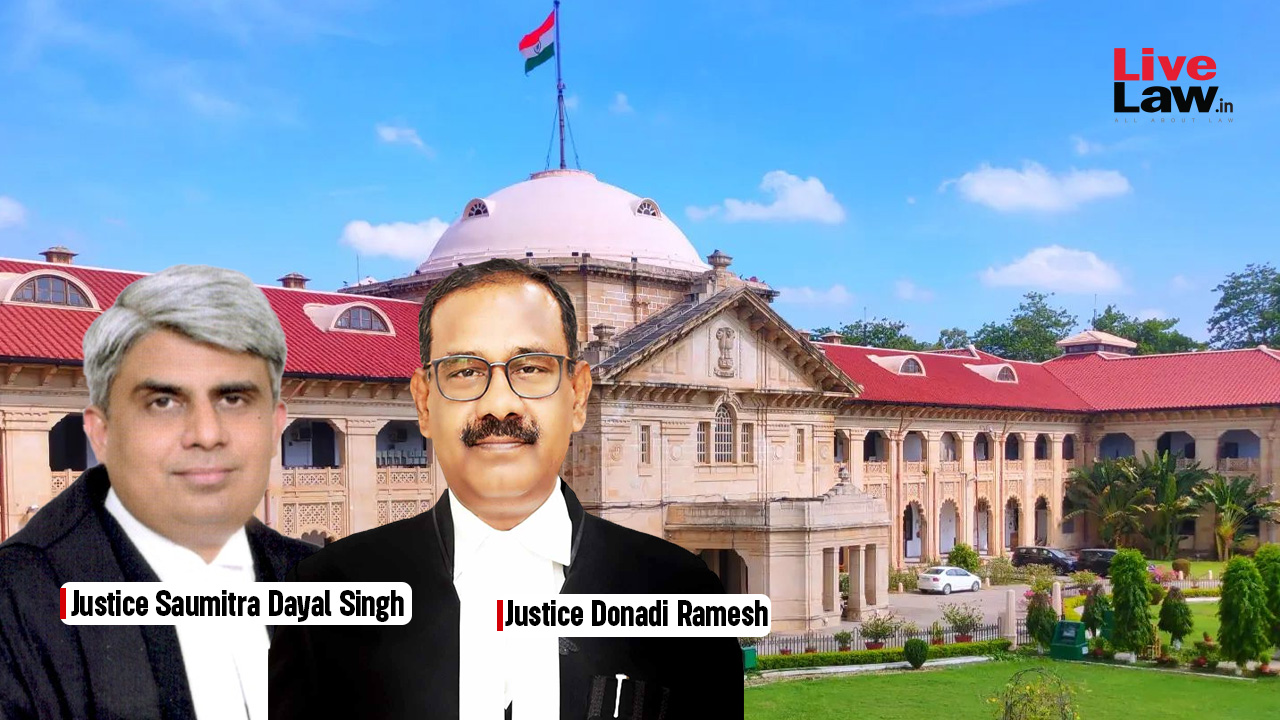
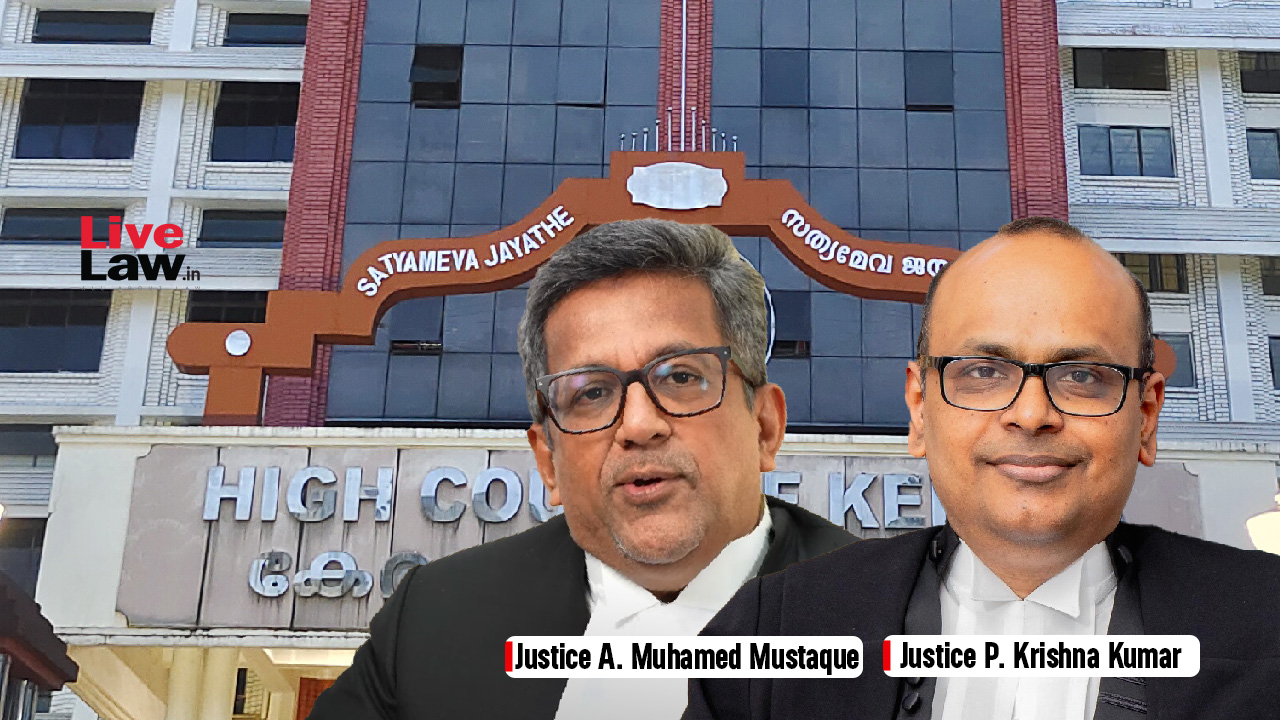
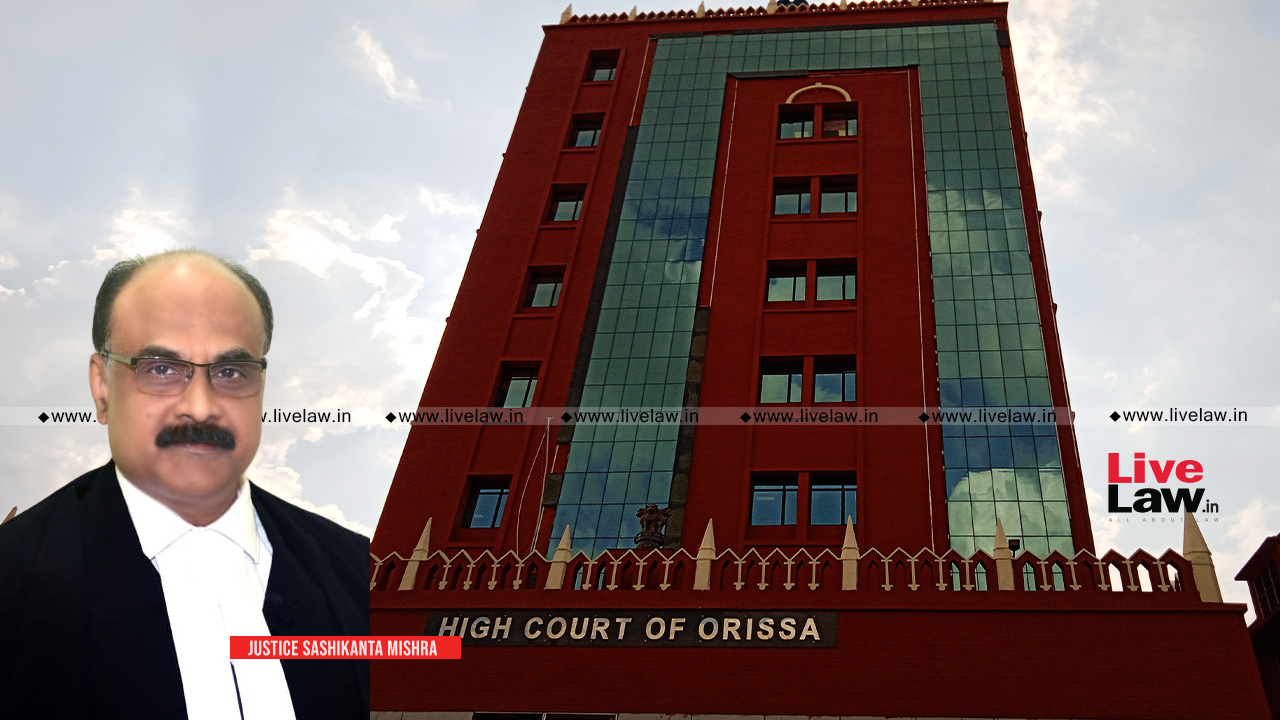
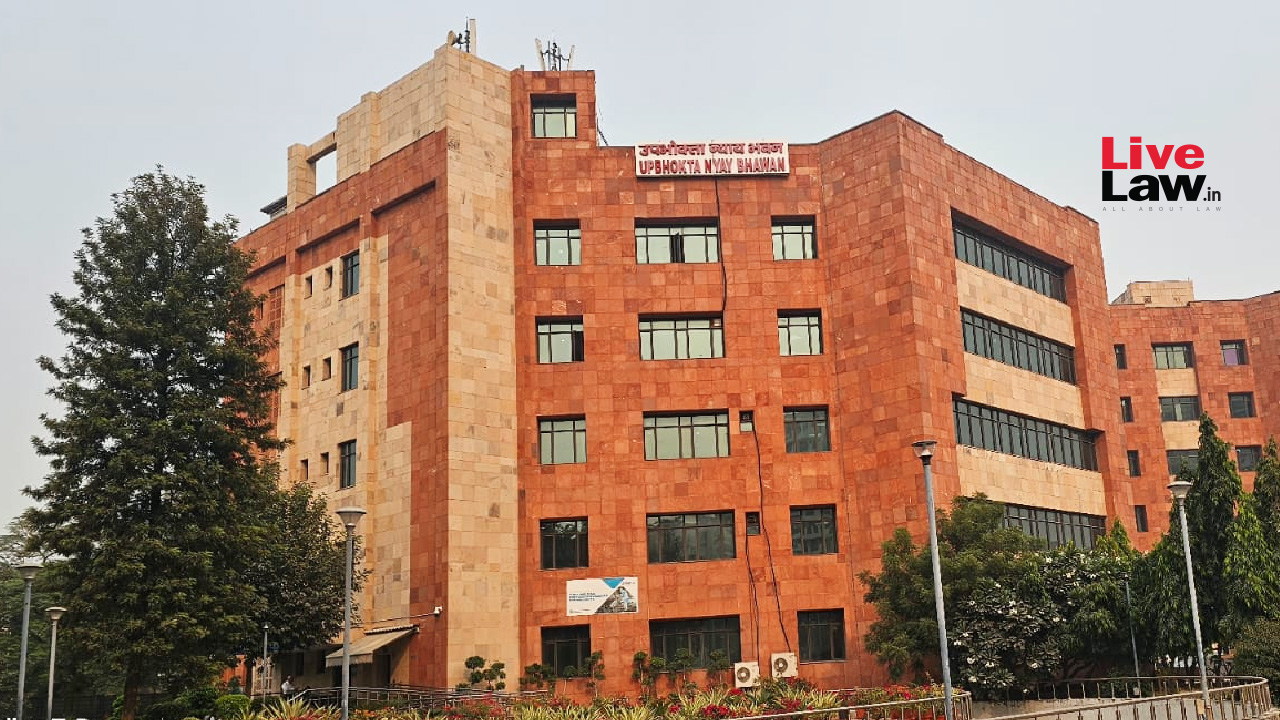



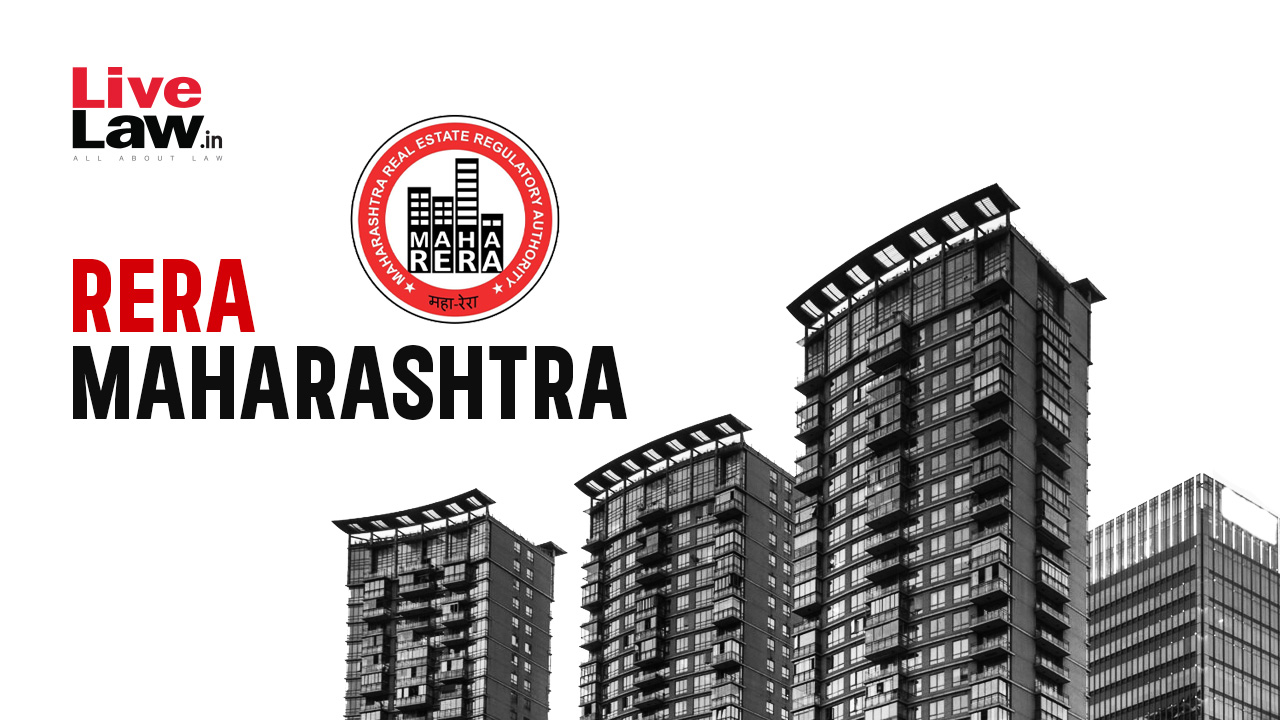

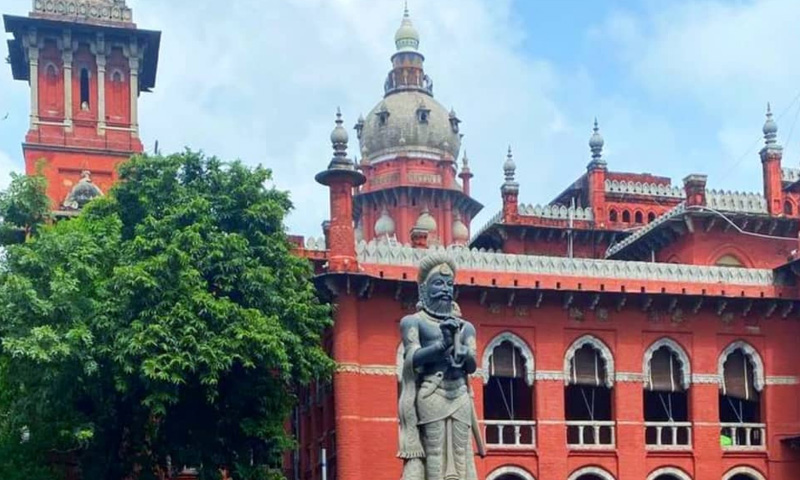
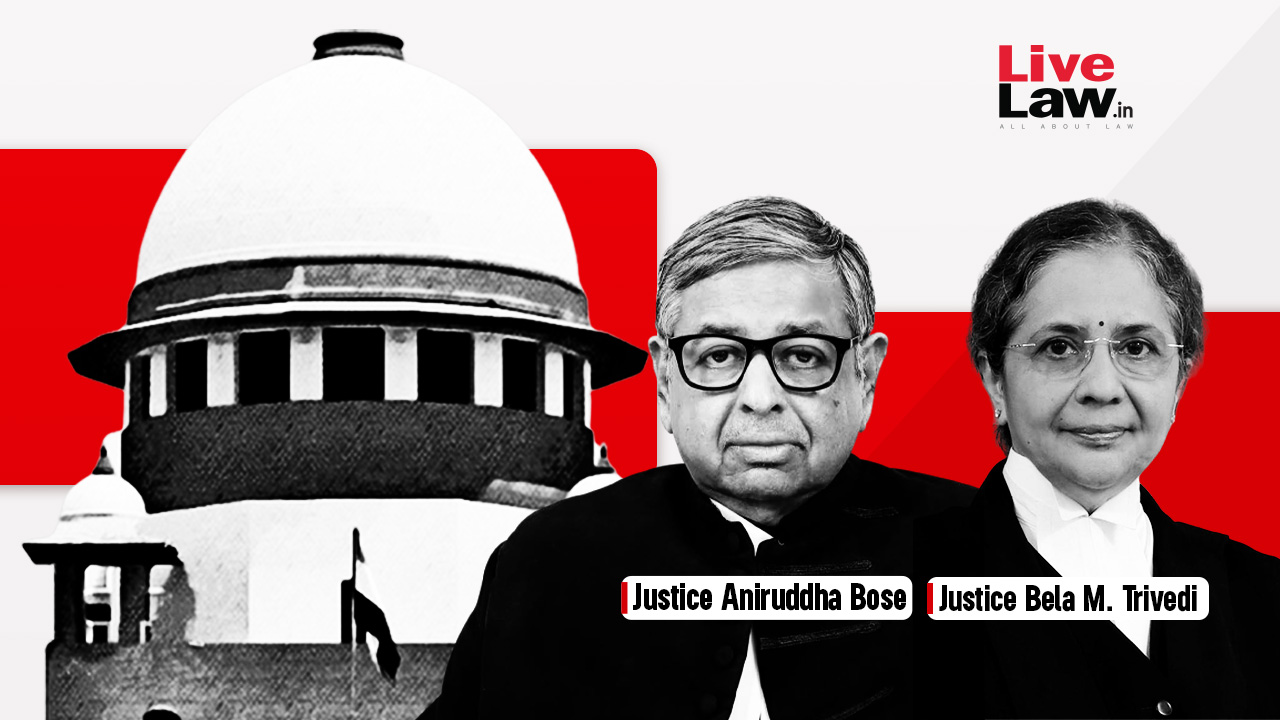
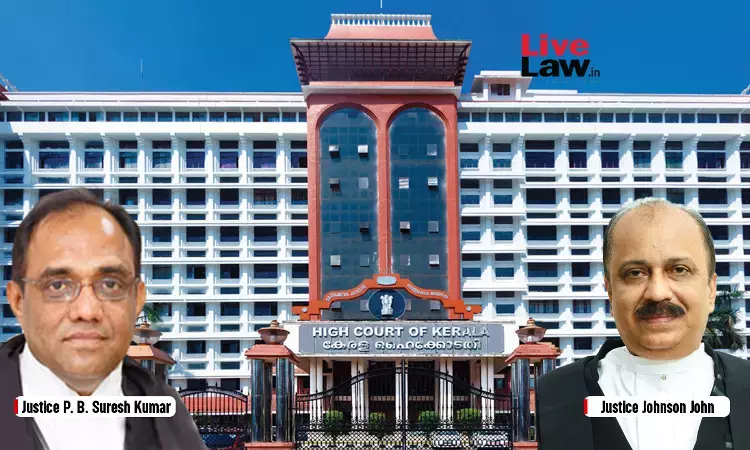

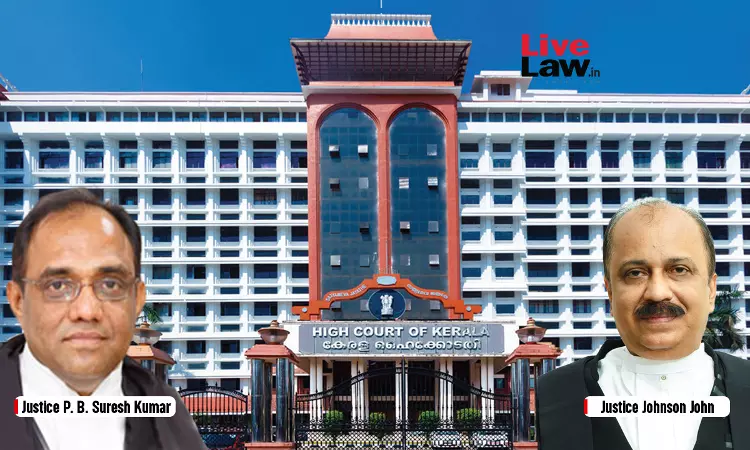
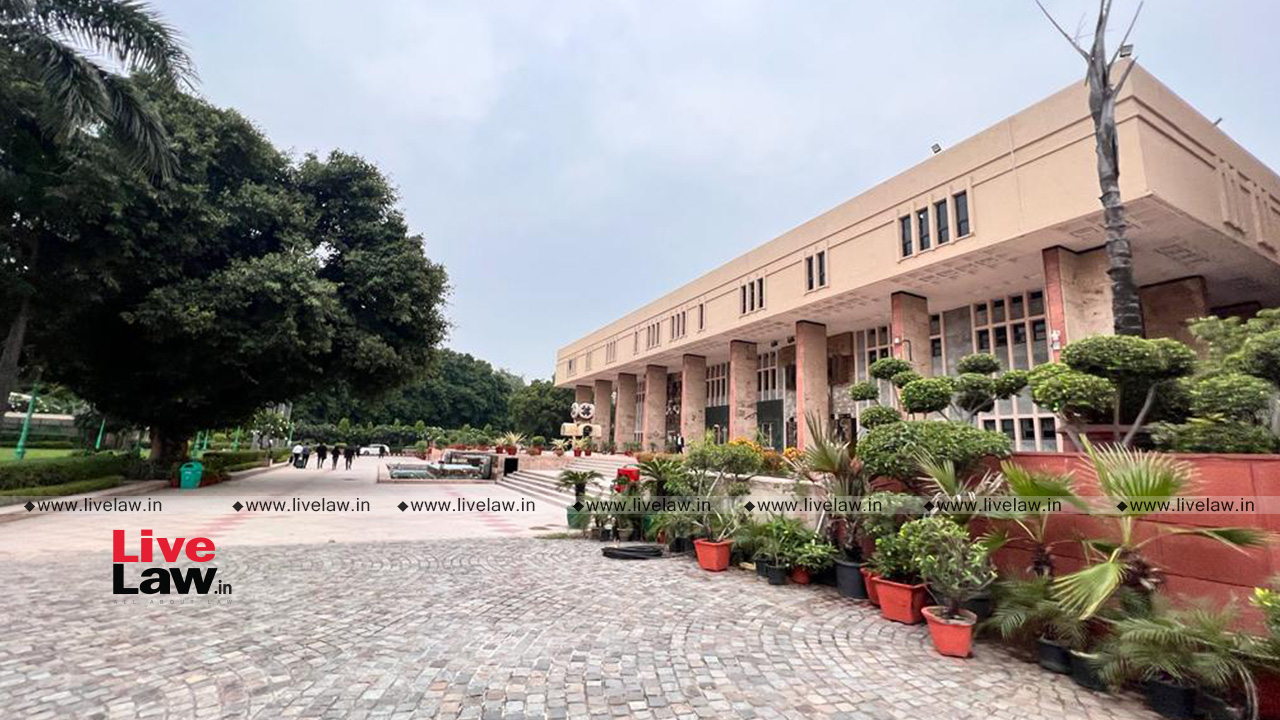
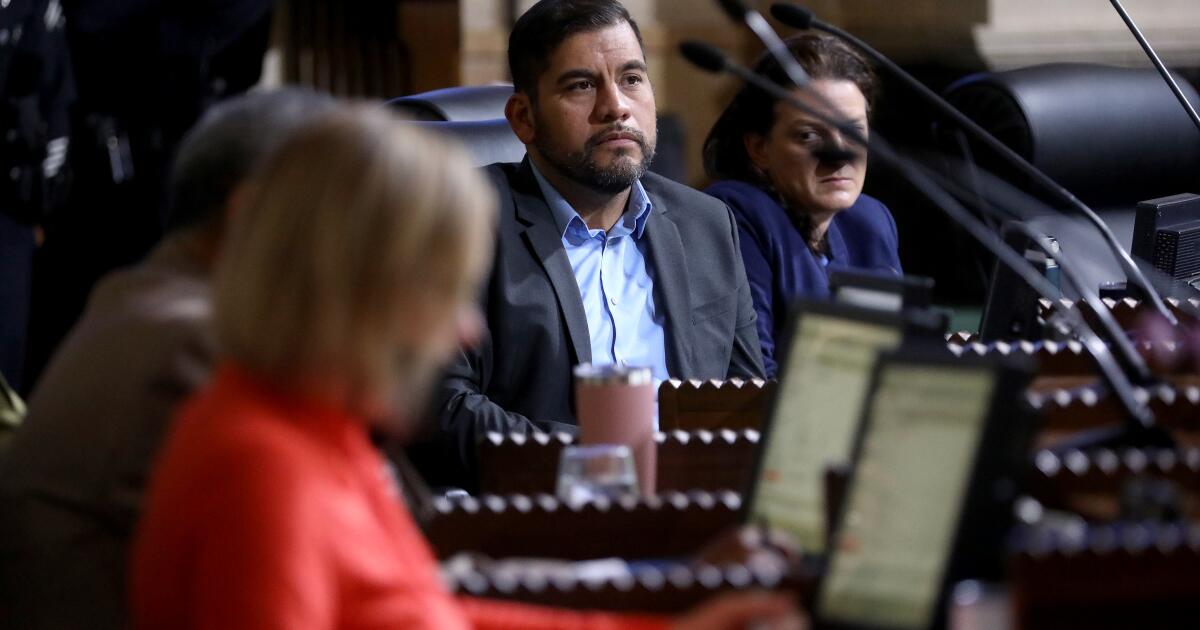






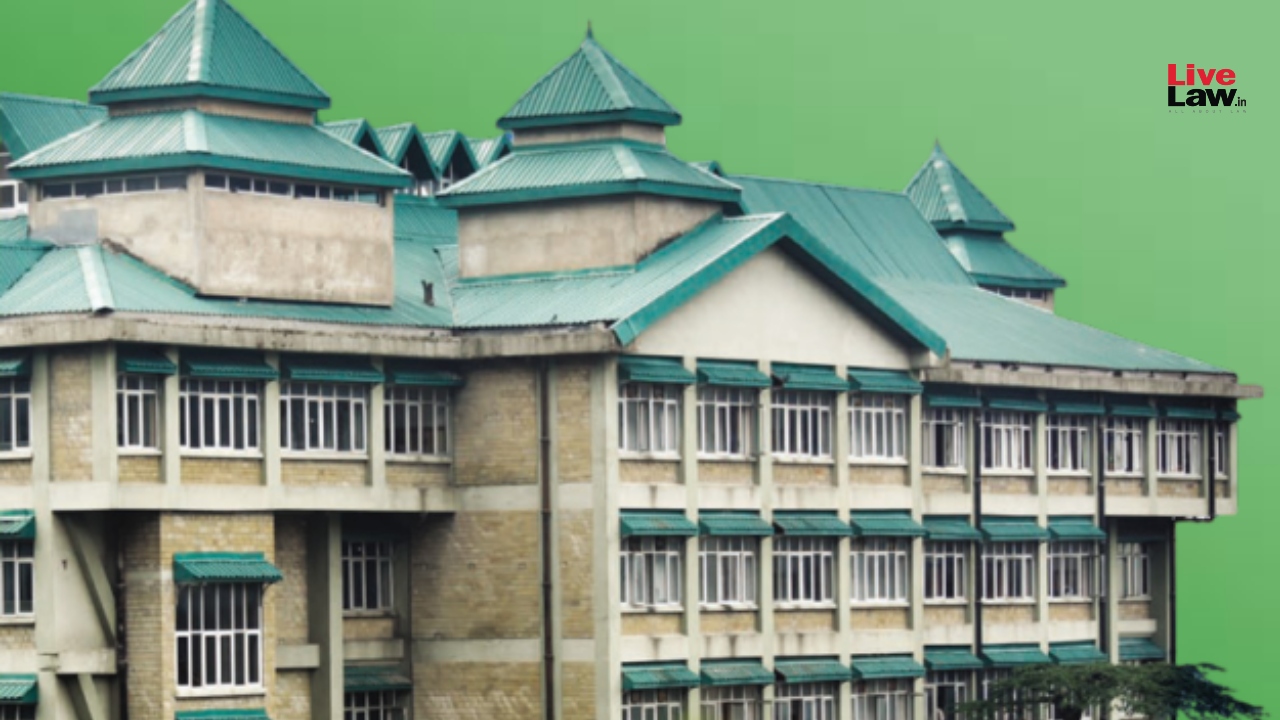
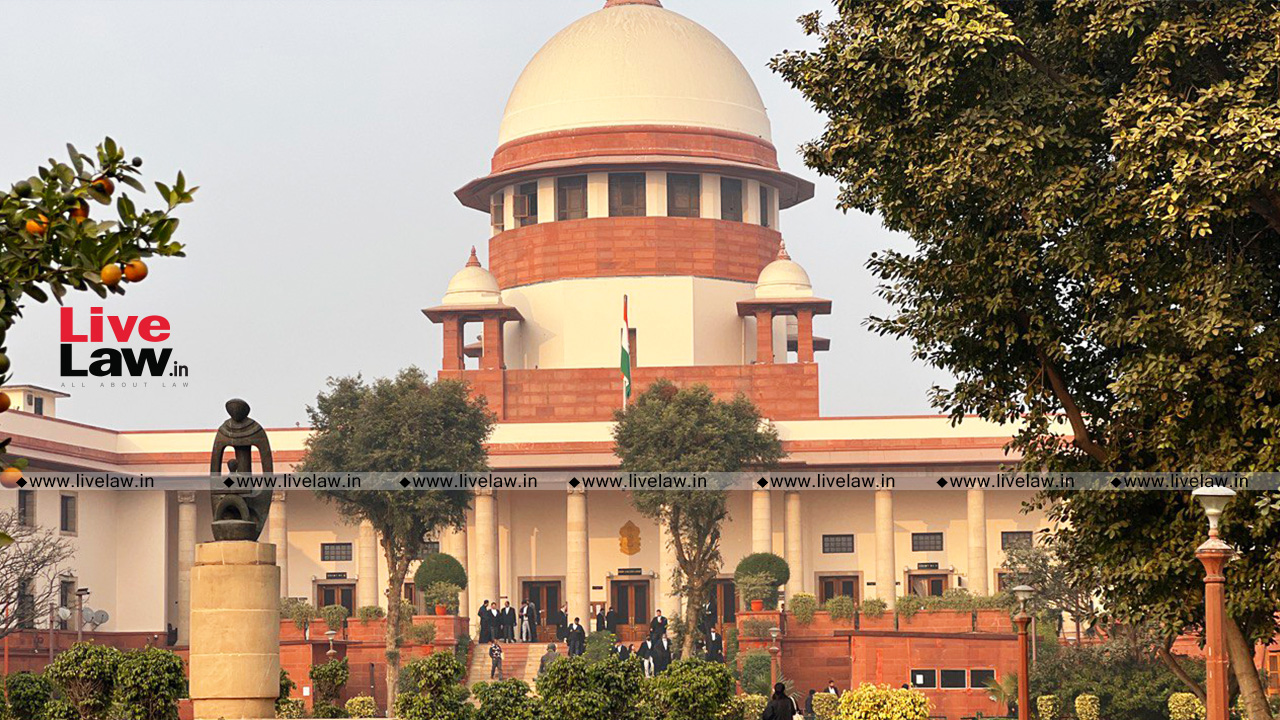
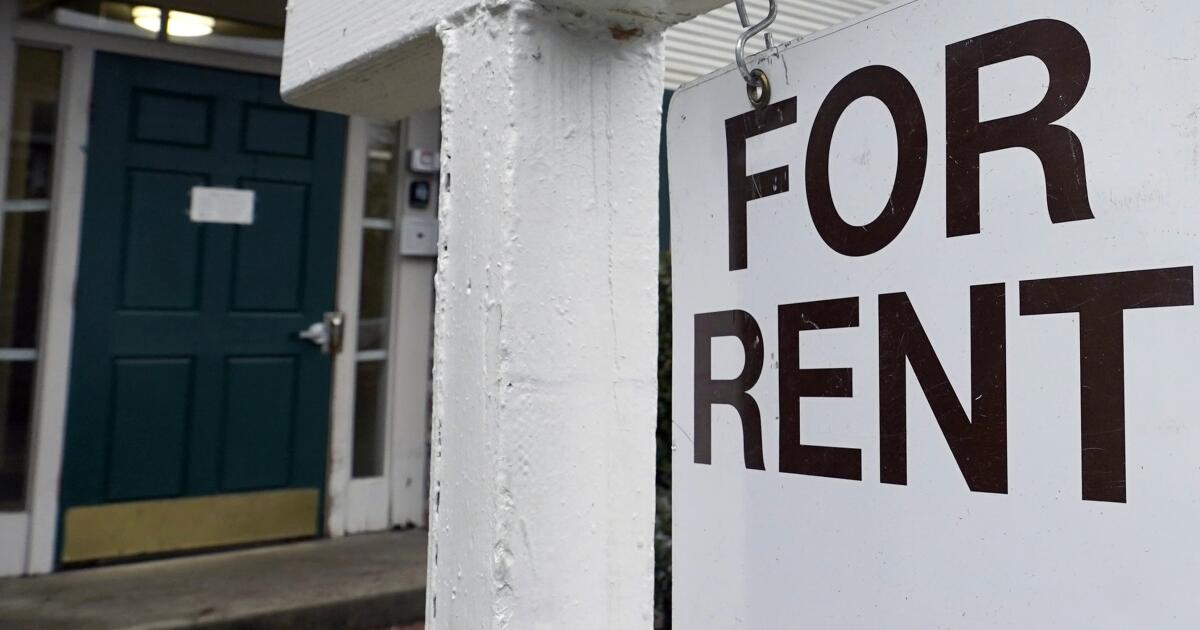


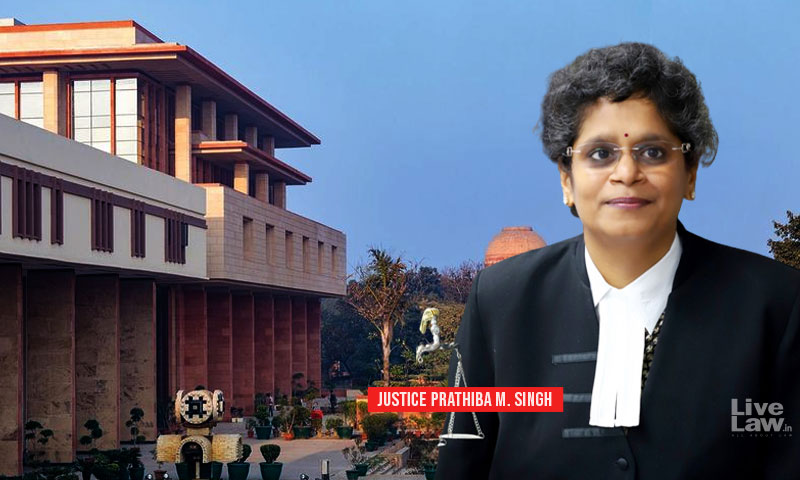
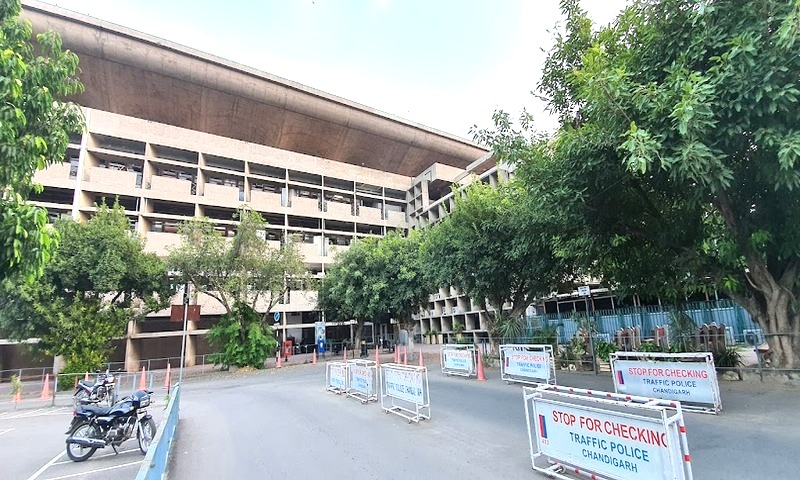
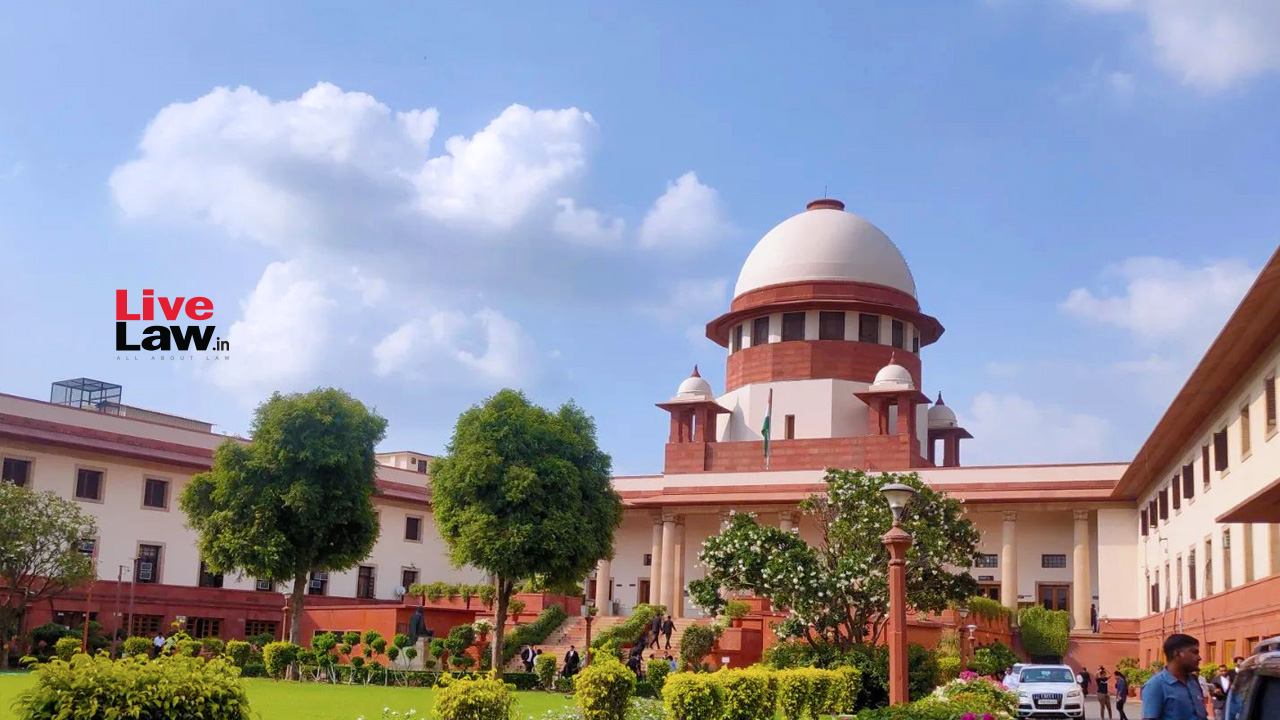

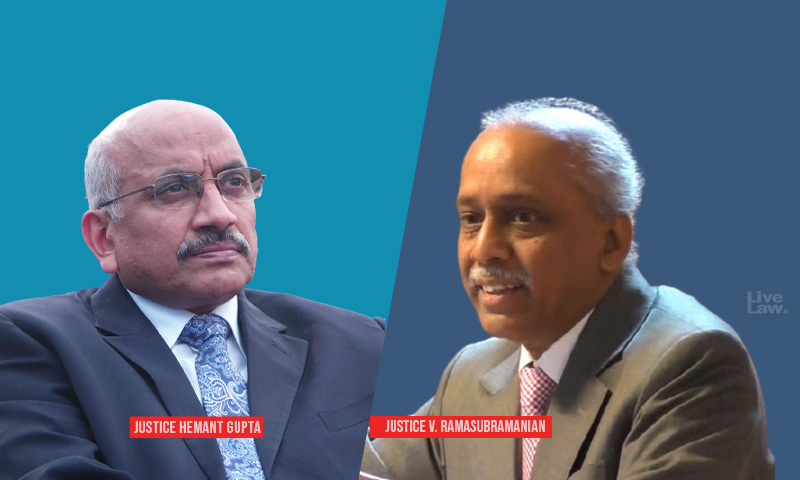
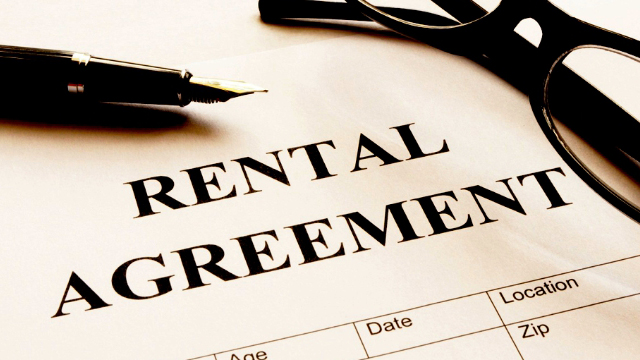
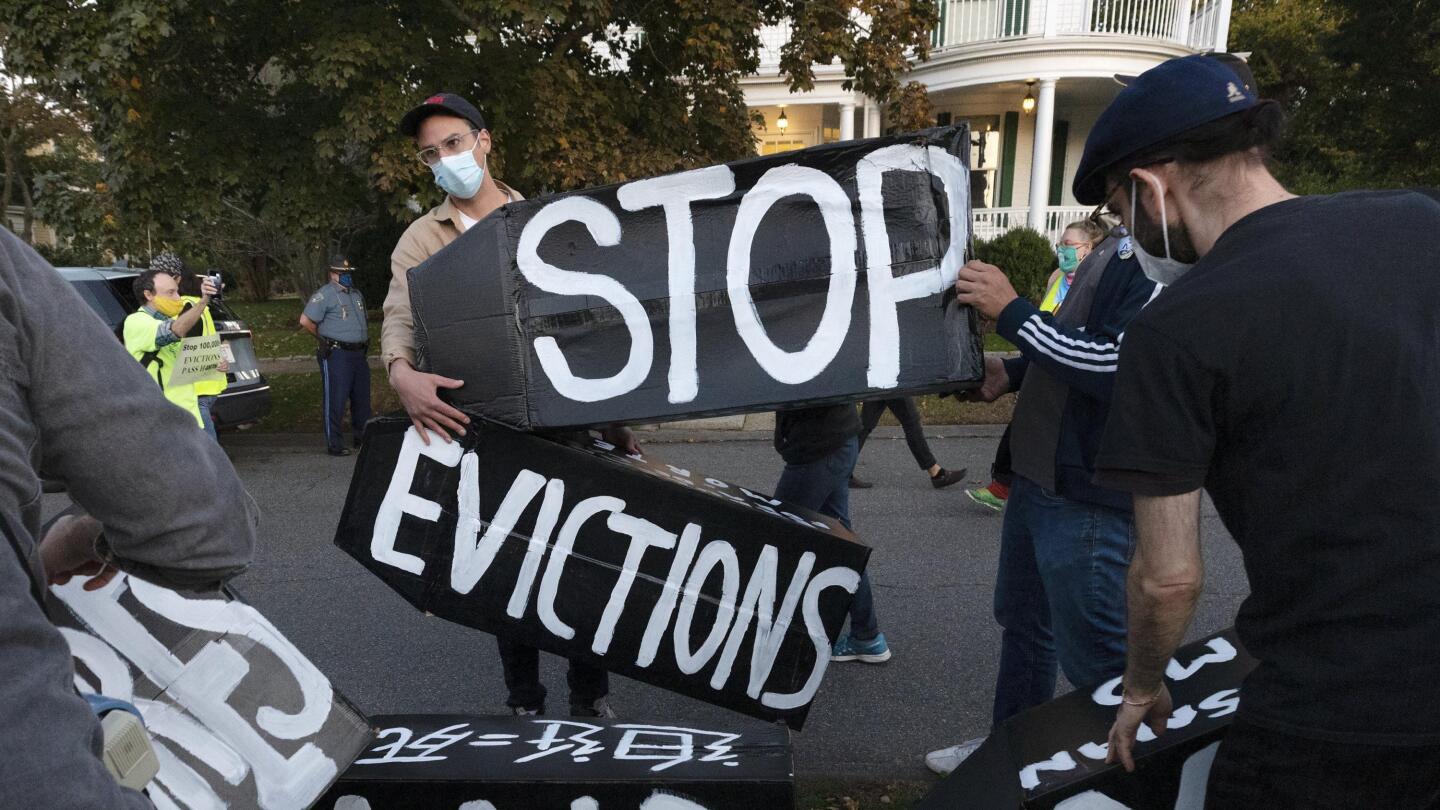



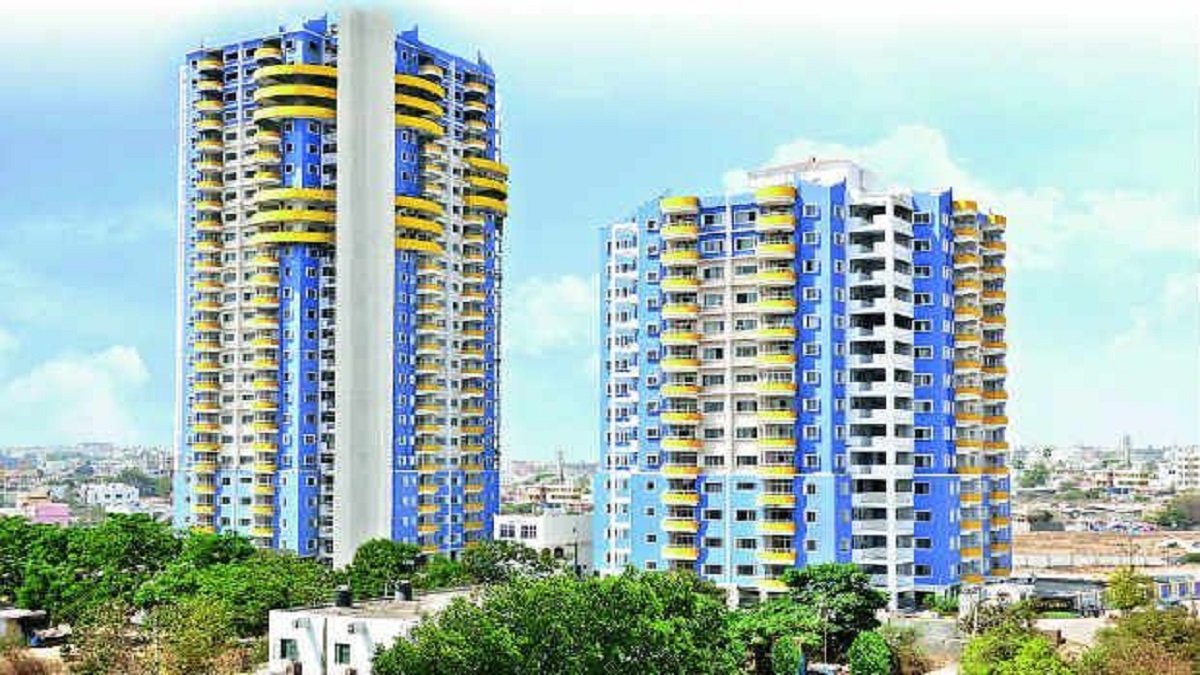



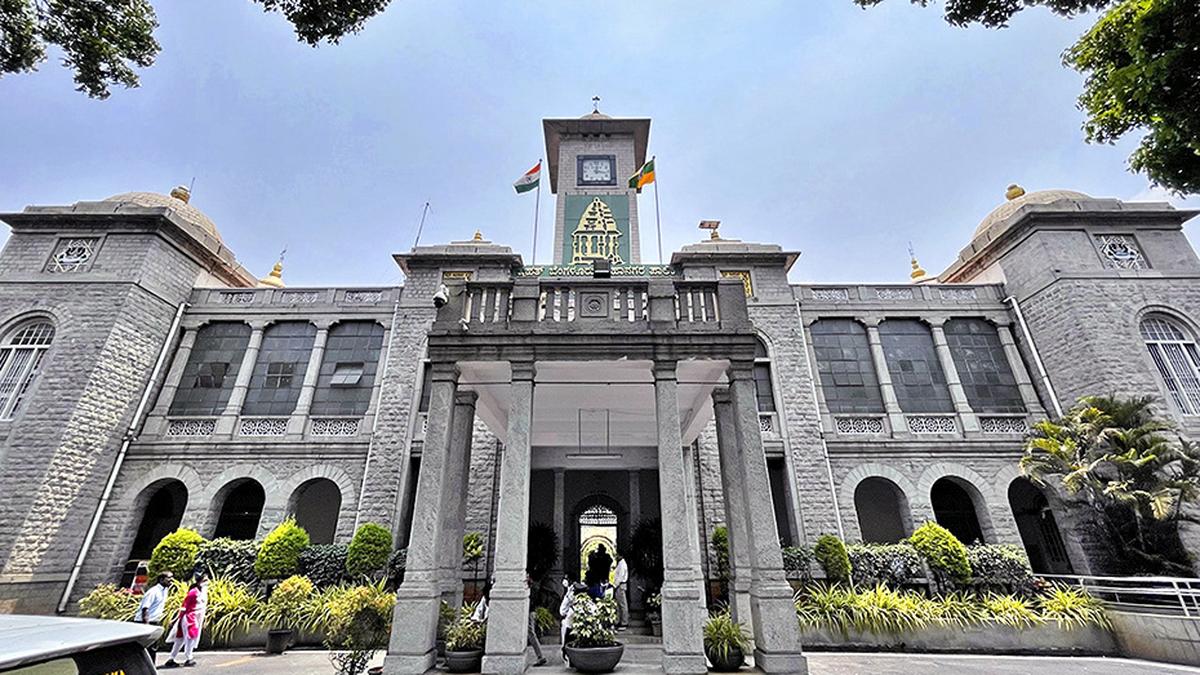



)